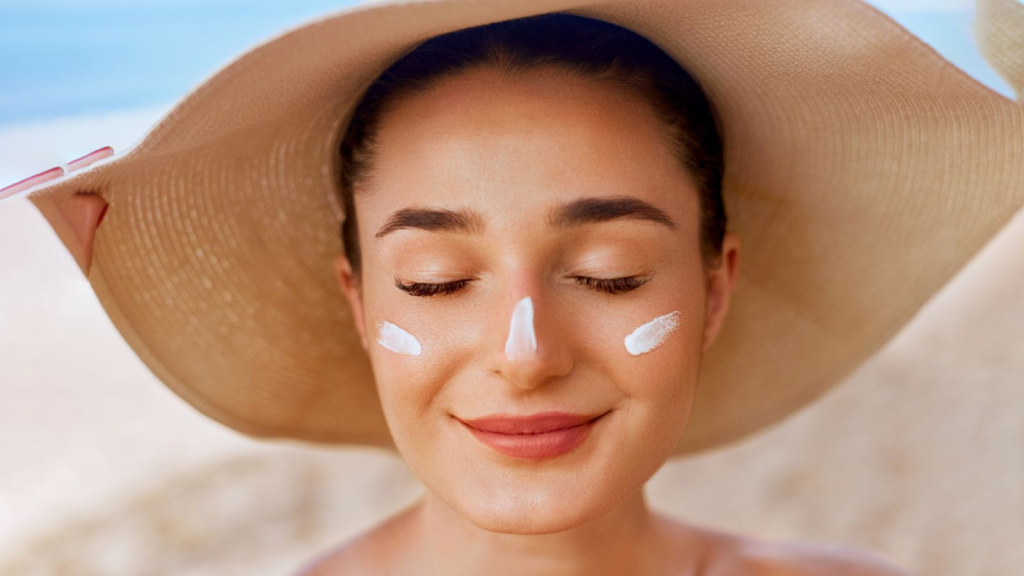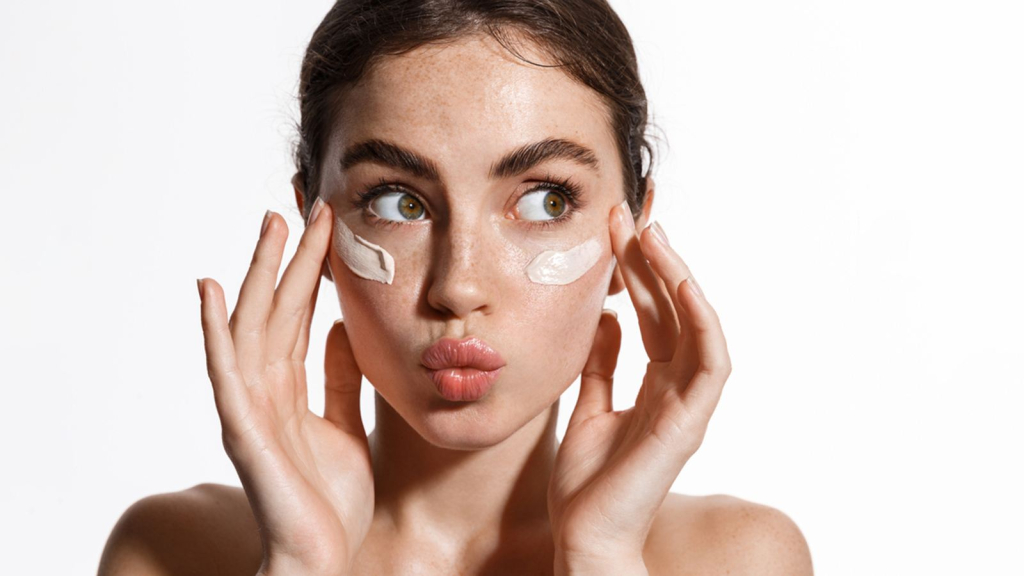Share This Article
Sunscreen is a vital component of any skincare routine, offering crucial protection against the harmful effects of UV radiation. However, with so many options available, understanding the science behind sunscreen and choosing the right SPF can be overwhelming. In this article, we will delve into the science of sunscreen, highlighting its importance in skin health and guiding you on selecting the appropriate SPF for optimal sun protection.
The Importance of Sunscreen:
1. Protection against UV Radiation:
The sun emits two types of harmful UV radiation: UVA and UVB. UVA rays penetrate deep into the skin, leading to premature aging, wrinkles, and sunspots. UVB rays primarily affect the outer layer of the skin, causing sunburns and increasing the risk of skin cancer. Sunscreen acts as a barrier, shielding the skin from both UVA and UVB rays, thus reducing the risk of sun damage.
2. Prevention of Premature Aging:
Exposure to UV radiation is one of the leading causes of premature aging. Prolonged sun exposure can break down collagen and elastin fibers in the skin, leading to wrinkles, sagging, and uneven texture. By wearing sunscreen daily, you can help maintain a youthful appearance and keep your skin looking healthy and radiant.
3. Skin Cancer Prevention:
According to dermatologists, skin cancer is the most common type of cancer worldwide, and UV exposure is a significant risk factor. Applying sunscreen regularly, especially when spending time outdoors, can help protect against harmful UV rays and reduce the risk of skin cancer.
4. Choosing the Right SPF:
Understanding SPF:
SPF (Sun Protection Factor) measures a sunscreen’s ability to protect the skin from UVB rays. It indicates how long it would take for the skin to burn when wearing sunscreen compared to when not wearing any. For example, an SPF 30 sunscreen allows you to stay in the sun 30 times longer without burning than if you were not wearing any protection. It’s important to note that SPF only relates to UVB protection, not UVA.
Assessing Your Sun Exposure:
Consider your daily sun exposure when selecting an SPF. If you spend a significant amount of time outdoors, especially during peak sun hours (10 am to 4 pm), it’s advisable to opt for a higher SPF, such as SPF 30 or above, to provide adequate protection.
Skin Type and Sensitivity:
Different skin types react differently to the sun, and some may be more prone to burning or experiencing sun damage. Fair skin or individuals with a history of skin cancer may require higher SPF levels for optimal protection. Additionally, if you have sensitive skin or are prone to allergies, look for sunscreens labeled as “broad-spectrum” and “dermatologist-tested” to ensure maximum protection without irritation.
Sunscreen Application and Reapplication:
Regardless of the SPF level, proper sunscreen application and reapplication are crucial for effective protection. Apply a generous amount of sunscreen to all exposed areas of the skin at least 15 minutes before sun exposure. Reapply every two hours, or more frequently if swimming, sweating, or towel-drying, to maintain consistent protection.
Understanding the science behind sunscreen and selecting the appropriate SPF is essential for safeguarding your skin against the damaging effects of UV radiation. Incorporating sunscreen into your daily skincare routine not only protects against sunburn and premature aging but also reduces the risk of skin cancer. Consider factors such as your sun exposure, skin type, and sensitivity when choosing a sunscreen with an appropriate SPF level. Remember, consistent and proper application, as well as regular reapplication, are key to maximizing the benefits of sunscreen. By prioritizing sun protection, you can enjoy the outdoors while keeping your skin healthy, radiant, and safeguarded for years to come.




